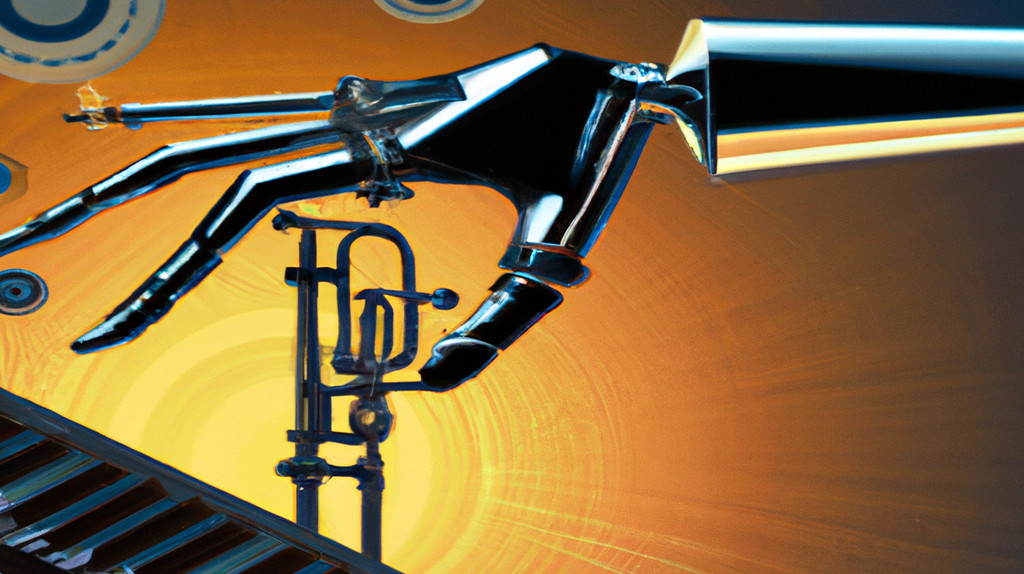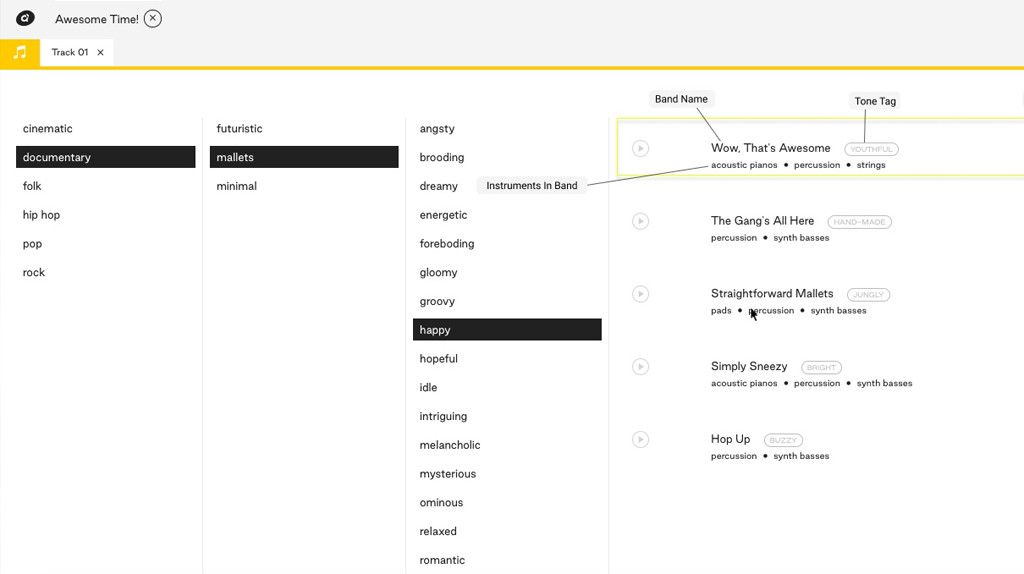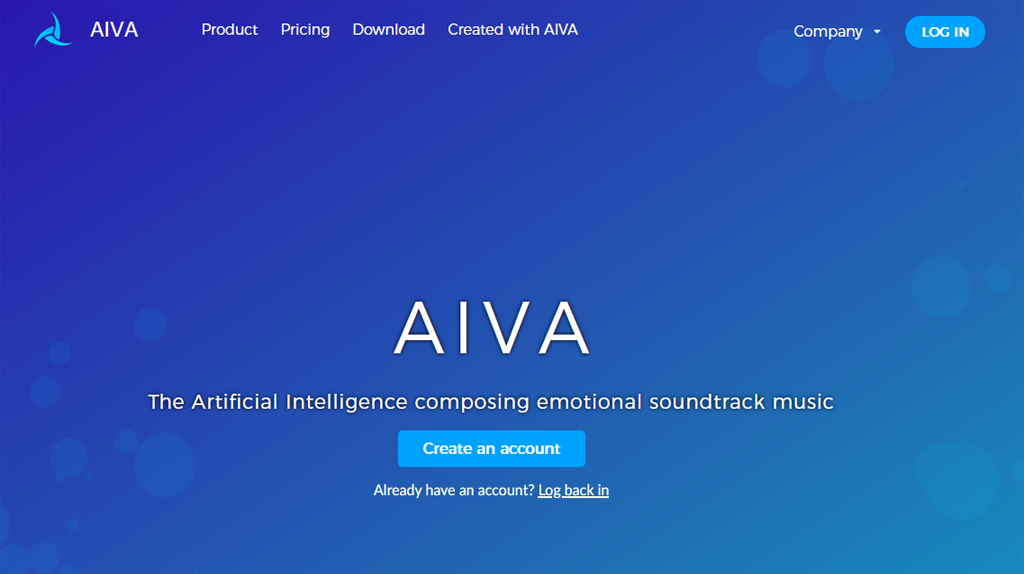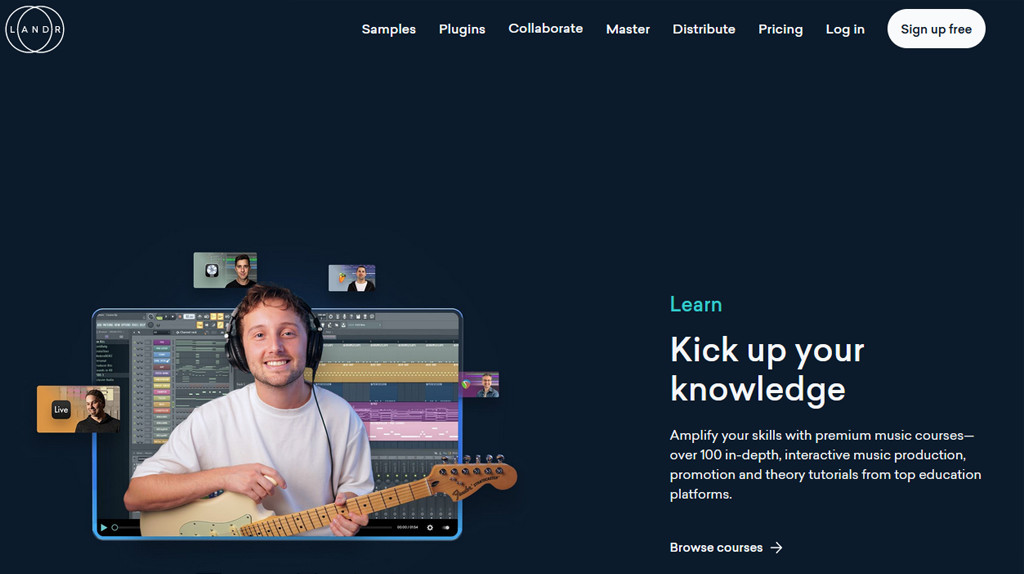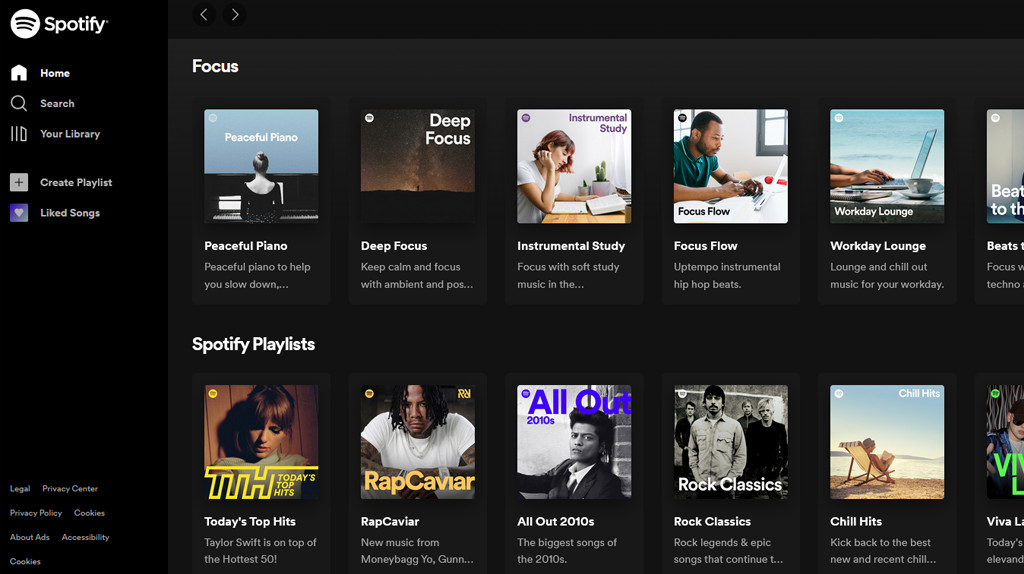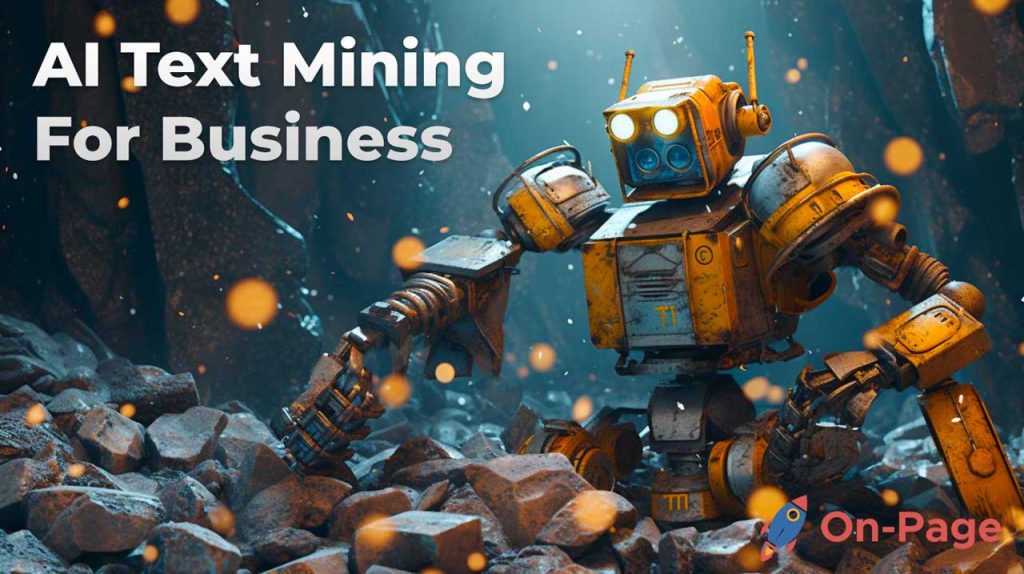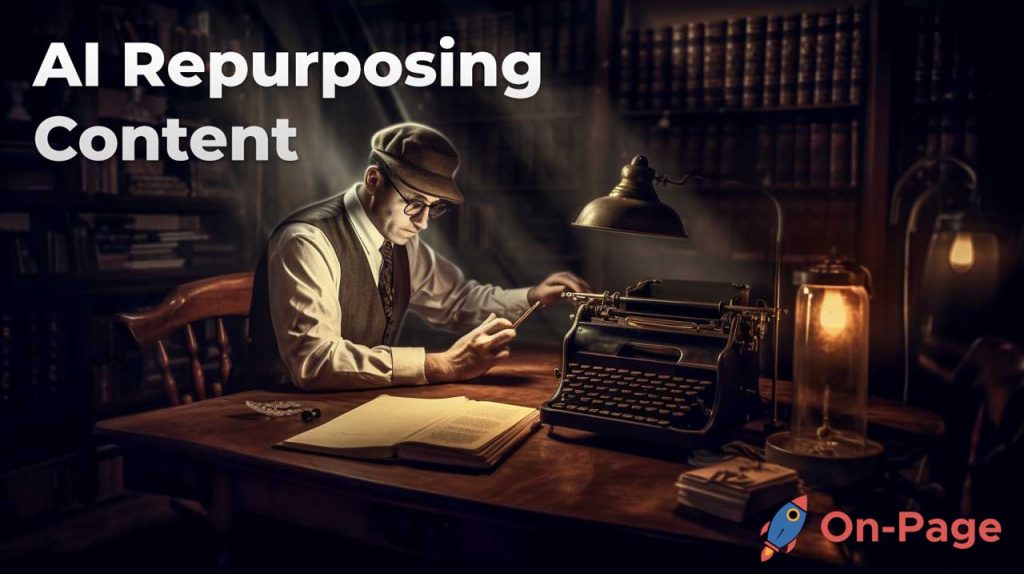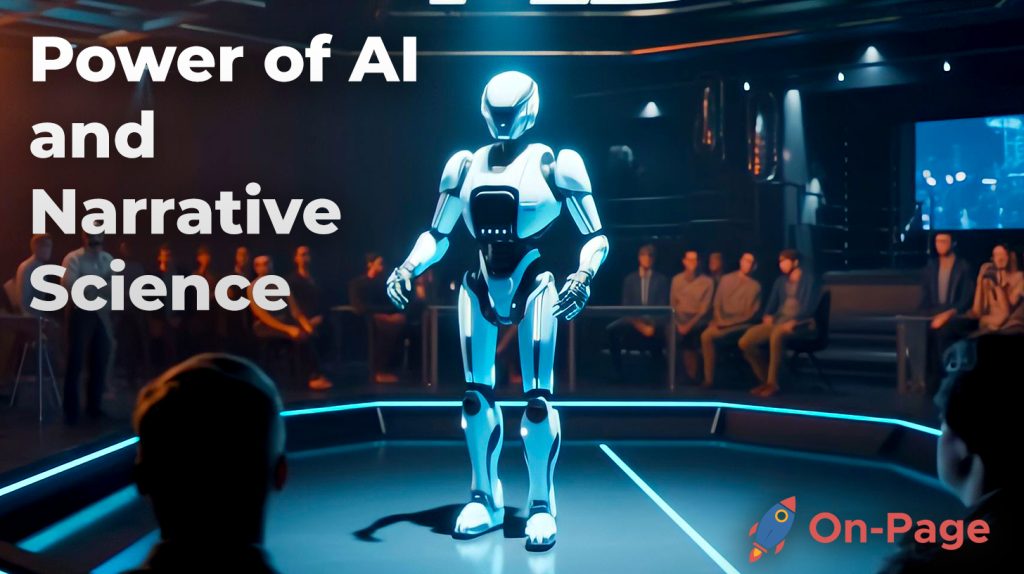Imagine a world where the perfect song, tailored to your exact taste and mood, is created at the touch of a button. A harmonious blend of rhythm, melody, and lyrics that resonates so deeply within you – it’s as if it was written specifically for you. That seemingly unreachable dream is quickly becoming a reality as AI-driven technologies continue to transform the landscape of songwriting and music production. In this post, we’ll dive into how groundbreaking innovations in artificial intelligence are not only revolutionizing the creative process but also enhancing the listening experience like never before. Get ready to embark on a symphony of transformation reverberating through the world of music!
While AI can generate lyrics and even create accompanying musical compositions, it currently lacks the emotional depth and creativity of human songwriters. AI-assisted songwriting may become more prevalent in the future, but for now, it is still important to recognize and value the unique creative vision of human artists.
AI and Songwriting: An Overview
Artificial Intelligence (AI) has transformed many aspects of our lives, from healthcare to entertainment, and the music industry is no exception. AI-powered tools have now made it possible for songwriters to create original compositions or remix existing ones with greater ease and efficiency than ever before. AI-based platforms such as Amper Music, Jukedeck, Aiva, and OpenAI are leading the way in transforming the traditional approaches to music production and composition.
When it comes to songwriting, AI-generated lyrics can provide a songwriter with an abundance of inspiration that might lead to a more creative output. For instance, OpenAI‘s GPT-3 AI language model uses advanced algorithms to generate coherent sentences based on any topic provided by the user. By inputting phrases such as “I’m feeling blue,” the system can create unique lyrics that match the emotional sentiments expressed in those phrases.
Moreover, with the advent of machine learning algorithms, AI systems can learn from existing music data sets and come up with their own styles and interpretations of genres such as rock or pop. This allows users to explore new directions in their music beyond their own imagination and comfort zones. Essentially, these tools help automate certain parts of the songwriting process such as melody creation or chord progression, leaving more time for artistic exploration and expression.
Nevertheless, some people argue that relying too much on automated machines could lead to creativity being stifled. But while AI systems may provide songwriters with a starting point for their compositions, they still require the human touch to refine and personalize the output. In fact, several successful songs have been created using AI-generated melodies paired with human lyrics or vocals.
In the next section, we will explore one of the most significant ways that AI is revolutionizing songwriting – algorithm-driven music creation and lyrics.
- A 2020 study found that the use of AI-generated music in popular songs has grown significantly in recent years, with about 24% of respondents from the music industry stating that they have used AI tools to aid in their songwriting process.
- According to a report by MIDiA Research, the global market for AI tools in music creation was valued at around $150 million in 2019, showing an increasing interest and investment in this technology.
- A 2021 survey revealed that 57% of professional composers believe that AI will play an essential role in shaping the future of the music industry, indicating a significant shift towards embracing AI-driven techniques in songwriting and composition.
Algorithm-Driven Music and Lyrics
Thanks to the advancements in AI, creating music has become easier and faster than ever before. Tools such as Jukedeck use algorithms to generate completely original music based on user inputs such as genre, tempo, and instrumentation. These platforms are particularly useful for content creators who would like to use music while avoiding any copyright issues or licensing fees.
Another platform, Amper Music, uses machine learning models to generate royalty-free music based on various musical styles. Users can select from a range of different genres including electronic, hip hop, pop, rock, and cinematic scores. The system then generates personalized music that perfectly matches the user’s needs in terms of mood, length, and intensity.
AI-assisted algorithms are also used by musicians themselves during their creative process. For example, Splice allows users to browse through thousands of music samples from other producers before using the platform’s own algorithmic technology to create their own unique mix of sounds. This helps artists experiment with new genres they may not have explored otherwise.
To get an idea of what this process entails – think of it in terms of building blocks. Each block represents a specific instrument or sound type (drums, guitar strumming, etc.), and the AI algorithm is responsible for selecting and assembling these blocks in a way that creates a cohesive piece. Much like how Lego blocks can be assembled in numerous ways to form different structures.
There are some concerns voiced by traditional musicians who view this rapid pace of music production with skepticism; they argue that easy-to-use digital tools could lead to more generic sounding tracks that are produced en-masse without much thought put into them. However, it is important to note the benefits these tools bring and how they can add value to the creative process without necessarily compromising authenticity or creating derivative works.
In the next section, we will discuss how AI technology can enhance creativity in songwriting processes.
AI’s Role in Music Production
AI has revolutionized the music production process, allowing artists to create professional-level tracks without formal training. One of AI’s most significant contributions to music production is automating repetitive processes, freeing up producers’ time and creativity.
With technologies like artificial intelligence, various tools have been created that can compose entire songs or suggest melodies and sounds. For instance, Amper Music has developed a suite of AI-powered tools that can generate music based on genre, mood, and instrumentation preferences fed into the system. Their technology allows musicians to leverage advanced AI algorithms and quickly produce royalty-free music with little more than a few clicks.
As AI algorithms become more sophisticated and continue to learn from vast datasets of existing music, we are seeing even more impressive advancements in songwriting. Many professional songwriters are already using AI technologies to help write lyrics, optimize chord structures and aid in production decisions.
Equally exciting is how AI is revolutionizing audio post-production with new capabilities that include noise reduction, mastering equalization, and dialogue cleanup. These once manual processes have now largely been supplanted by automated algorithms designed for fast results at low costs – giving rise to a new generation of online mastering services.
In perhaps the best display of AI’s impact on music production thus far is Endel – an app that composes tailor-made background tracks for users based on user inputs like location/time of day/heart rate etc. Endel generates relaxing ambient tones that enhance productivity & creativity at optimal times of day based on circadian rhythms.
Another notable example of AI’s role in music production is Google’s Magenta Project. The project involves an open-source platform where developers can create machine learning models for music creation. There are several different tools available within the project such as the ability to train neural networks to generate new pieces based on data sets it has learned from the generated compositions. In 2019, Magenta successfully created an AI-powered synthesizer that could virtually any acoustic instrument’s sound.
With AI continuing to evolve at breakneck speeds, it is no surprise that the music industry has embraced its capabilities. But how does AI enhance creativity?
Enhancing Creativity with AI
AI has the capacity to improve the creative process, making it a valuable resource for musicians and producers alike. AI helps eliminate common issues such as writer’s block and lack of inspiration by providing fresh ideas quickly. The following examples demonstrate how AI can be used to enhance creativity in songwriting.
One popular tool for enhancing creativity with AI is AIVA (Artificial Intelligence Virtual Artist). AIVA is a composing engine that uses deep learning algorithms to generate original scores based on specific moods, styles, or genres. Notably, it was one of the first projects of its kind, predating Endel by several years.
Think of AI as a collaborator – someone who’s been listening to all the world’s music from Beethoven to K-Pop nonstop- Much like a skilled musician, the technology can improvise, developing complex riffs and evolving a theme over time while still maintaining consistent musical standards.
Of course, some may argue that having AI involved in the creative process dilutes human artistry, depriving us of spontaneity and authenticity. However, most musicians would contend this idea – arguing that people have always collaborated throughout history and many musicians believe that their collaboration with AI makes their work more authentic, not less.
Recently Sony partnered with science research company Flow Machines and Google’s Magenta Project on what it calls “The First Album Created By Artificial Intelligence,” which involved an algorithm identifying features within existing songs before generating entirely new compositions based on those data points, with the final pieces written by accomplished composers. As a result, the album – which does not specify which parts were created by human or AI, received predominantly positive reviews and demonstrates the possibility of humans and AI collaborating to create beautiful music.
By helping automate repetitive processes and enabling unique and dynamic compositions, AI is significantly enhancing music production while encouraging and fostering creativity.
Natural Inspiration and Idea Generation
One of the biggest advantages of AI in songwriting is its capacity to provide natural inspiration and idea generation. While human songwriters spend hours, or sometimes days, looking for creative ideas and inspiration, AI technology can help generate new ideas within seconds.
One example of natural inspiration using AI is the Amper Music platform. This platform enables users to create music tracks quickly and easily by simply selecting a genre, mood, tempo, and key. The platform then generates unique music tracks based on these selections.
For instance, a songwriter who needs a particular sound for their album has the option to explore different music tracks created by the Amper Music. After selecting a suitable track, they can edit it until it becomes uniquely theirs. With this simple yet effective process of collaboration between humans and AI-powered tools, creativity is enhanced.
Another example of using AI to generate new ideas is Jukedeck’s AI composer tool. The tool helps musicians produce original pieces of music tracks within seconds that match specific requirements or parameters such as genre, length, instrumentation, and style.
But what makes this AI tool most helpful is its ability to adapt to different authoring styles and preferences over time through machine learning. The more a musician uses the tool, the smarter it becomes at churning out personalized results that match precisely what the user requires.
Furthermore, some AI algorithms use natural language processing (NLP) techniques to analyze huge volumes of text data from online sources such as lyrics websites and songs databases. The technology helps identify common themes, words, phrases used in successful tracks in specific genres or styles.
However, there are concerns about whether relying too heavily on these existing patterns limits creativity. Does using pre-existing patterns indeed eliminate creativity in songwriting?
On one hand, by granting access to such resources at the click of a button, there is no need to put in the necessary effort to come up with something fresh. On the other hand, AI-powered tools can inspire writers and artists to think outside the box and create something original, perhaps inspired by what they come across. Therefore, rather than limiting creativity, AI provides a push towards innovation.
Now that we have explored how AI technology encourages natural inspiration and idea generation, let us turn our attention to how it streamlines the music production process.
Streamlining the Process and Workflow
The traditional process of creating music tracks involves brainstorming ideas, writing lyrics, developing chords and melodies, creating rhythm sections, recording the instruments and voices in a studio environment plus much more. All these steps are time-consuming and require significant technical skills and expertise.
However, AI technology offers various tools that help streamline the whole music production workflow into a single platform. These tools enable users without any prior musical knowledge or background to record their compositions with ease.
One of these AI-powered platforms is LANDR – an online-based mastering software that uses AI algorithms to fine-tune music pieces effortlessly. Its primary features include noise reduction, waveform shaping, equalization, compression, volume normalization making it easier for the user to focus on creativity rather than technicalities.
Using LANDR AI-powered audio master tool ultimately reduces the time needed for mixing and mastering a song. Instead of sending their songs for professional mastering services or purchasing expensive plug-ins/equipment for home studios, a user can opt out of using this advanced technological solution.
Another example of an AI-powered solution to streamline workflow is Nexus IQ. This software analyzes code commits through an integrated planner that assesses code components based on its licenses policies compliance after scanning different available resources using its repositories intelligence system. It helps programmers maintain high levels of productivity while still adhering to company-based guidelines and rules.
With such technology in place, teams in charge of music productions can effortlessly collaborate in real-time to generate ideas and feedback on a single platform. AI-powered project management platforms like Asana and Trello are examples of software that help manage workflows better.
By integrating such tools into their workflow process, musicians and sound engineers can spend more time creating rather than worrying about the technicalities involved in music production.
An excellent way to picture the application of AI to streamline workflow and provide natural inspiration when it comes to music production is by comparing it to traffic. Just as road networks help reduce the time of transportation by avoiding heavy traffic areas through available navigation algorithms, AI solutions for songwriting allow smooth musical production that diverts artists from technical difficulties encountered on the way.
With the implementation of such systems, avoiding additional costs for mixing or hiring expensive producers; artists can focus more on curating excellent melodies that could otherwise be subject to limitations.
As we have seen, AI-powered tools continue to improve every aspect of songwriting and music production. From providing natural inspiration and idea generation, streamlining the whole process, even up to handling technical aspects of mastering tracks – AI has proven its incredible worth in the field.
Benefits of AI in Songwriting
AI technology has introduced numerous benefits to the songwriting process. Its ability to provide instant access to a wealth of information and resources allows songwriters to refine their craft and create more polished works in a shorter amount of time. Here are some benefits of AI in songwriting:
One feature of AI that has proven beneficial in songwriting is its natural language processing capability. Through this, AI can analyze existing lyrics, determine which elements make them successful, and offer appropriate suggestions for improvement. Such suggestions may include improving the rhyme scheme, choosing more descriptive words, or refining metaphors — all of which can help songwriters elevate their work.
Another advantage of AI in songwriting lies in its predictive analytics capabilities. By analyzing millions of data points from various sources, including popular songs and social media trends, it can provide writers with insights into what makes a hit song. For instance, AI algorithms may suggest writing songs in certain keys, at specific tempos or with particular chord progressions that are currently popular or trending on streaming platforms like Spotify or Apple Music.
Additionally, think about how your phone’s autocorrect can save you time by suggesting corrections when you mistype something. Likewise, AI tools such as On-Page.ai’s Stealth Writer use machine learning tsuggest different ways to phrase things within an article to boost search engine rankings faster than any human could do alone. In the same way, AI-generated suggestions for chord progressions and lyrics for creating a successful song saves time – increasing efficiency without sacrificing creativity.
While these examples are just the tip of the iceberg when it comes to the potential benefits of AI in songwriting, it is important to acknowledge some concerns that come with the creative application of technology as well as fundamental ethical concerns related to content ownership.
- AI technology has significantly benefited the songwriting process by offering natural language processing capabilities and predictive analytics insights that help songwriters refine their craft and create more polished works in a shorter amount of time. However, it is important to acknowledge some concerns that come with the creative application of technology as well as fundamental ethical concerns related to content ownership.
Addressing Challenges and Ethical Concerns
There is no doubt that AI has introduced significant advancements in songwriting, but there are also valid concerns about how this technology may impact musicians, artists, and the creative industries as a whole.
For example, one of the primary ethical concerns associated with the use of AI in songwriting is ownership of copyright. To what extent should an algorithm that creates a piece own the copyright? While it is clear that a human’s input such as modifying lyrics or chords after the fact can make AI-generated music eligible for copyright protection, questions surrounding ownership arise if there is no or minimal human input at all.
Additionally, many industry professionals worry that AI could lead to homogenization in music production, where market saturation leads to an oversupply of songs with similar structures or sounds. However, it is important to remember that AI tools offer endless possibilities for creativity and give artists the power to create unique pieces relevant to their individual tastes.
Just as Photoshop enables users to edit pictures with filters and effects that can be overused until it becomes cliché, it’s up to each artist and songwriter to use best practices so their artistry isn’t diminished by popular trends.
Lastly, some argue that machines lack the emotional depth required for creating meaningful art, which is why they need humans co-creating at every step of the process. Others believe that like-mindedness between AI-fueled melody making and actual human-songs could forge connections across diverse communities–especially when machinemade genres crack into foreign markets. It raises interesting philosophical questions about what makes something “good” art: is it authenticity? Emotional resonance? Technical mastery? Or perhaps its relevance in culture?
Whether you’re for or against using AI-assisted songwriting software it is clear these systems have powerful utility especially for artistically-minded individuals who want to turn out high-quality music with lightning speed. Nevertheless, it is still important to proceed with care, keep an open mind, and maintain the highest ethical standards. If what you want is to stay up to date with the latest trends in AI, you can visit On-Page.ai

